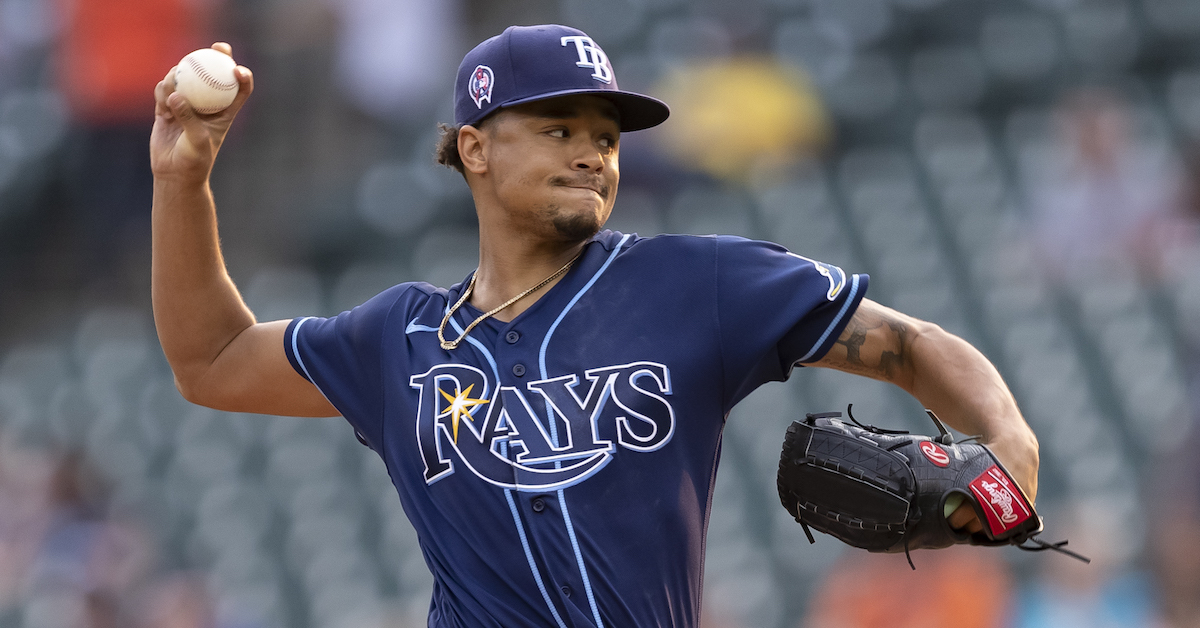2022 Positional Power Rankings: Right Field

Yesterday Jason Martinez and Jon Tayler previewed left and center field. Now we round out the outfield positions in right.

Last year was a banner one for right fielders. For starters, Bryce Harper and Juan Soto finished first and second in National League MVP voting, that after ranking first and third in the majors in wRC+, and finishing in a virtual tie for third in WAR. Aaron Judge and Kyle Tucker both ranked among the majors’ top seven hitters by wRC+ as well, with the former cracking the top 10 in WAR, too. Seven of the top 30 qualified hitters by wRC+ were right fielders, even with Mookie Betts grinding through a comparatively subpar season where he was beset by a bone spur in his hip and Ronald Acuña Jr. falling short of qualifying due to a torn ACL that ended his season in July, perhaps costing him the NL MVP award. Meanwhile, Nick Castellanos, who ranked 13th in the majors in wRC+, was one of seven position players to net a $100 million free agent contract this winter, though he’s bound for more DH and left field duty with the Phillies. Read the rest of this entry »









